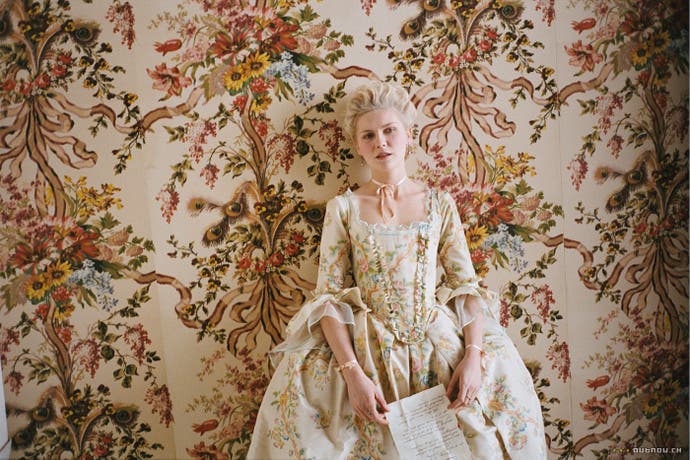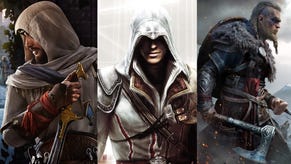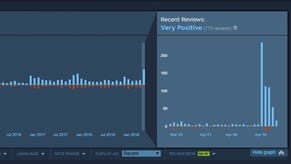Assassin's Creed Unity's French Revolution blasted by ex-presidential candidate
"That cretin" Marie Antoinette "celebrated as a poor little rich girl".
A former French minister and presidential candidate has attacked Assassin's Creed Unity for its portrayal of the French Revolution.

Left Party founder Jean-Luc Mélenchon disputed Ubisoft's portrayal of historical characters and events in its latest Assassins-versus-Templars adventure.
"It is propaganda," Mélenchon commented during a recent French radio interview, published today in The Telegraph.
France's "treacherous" King Louis XVI is shown in a far too sympathetic light, he complained, while Louis' wife - "that cretin" Marie Antoinette - "is celebrated as a poor little rich girl".
The general French populace are portrayed as "barbarians, bloodthirsty savages", he continued, while aristocrats are "presented as fine upstanding people".
"The man who was our liberator at a certain moment of the Revolution - because the Revolution lasted a long time - Robespierre, is presented as a monster."
A controversial figure, Robespierre is lauded by some historians as a spokesperson for the downtrodden and disenfranchised.
But others have criticised his dictatorial leadership and extreme methods, which resulted in the mass execution of those suspected of being disloyal.
Overall, Mélenchon concluded, Ubisoft's game "presents an image of hatred of the Revolution, hatred of the people, hatred of the republic which is rampant in the far-right milieux (of today)."
Mélenchon is known for having been Minister of Vocational Education from 2000 to 2002 and subsequently for being an MEP.
He finished fourth in the 2012 presidential election with 11 per cent of the vote.
THERE MAY BE SPOILERS AHEAD.
Assassin's Creed Unity is set during the French Revolution and the game appropriates a variety of historical events, locations and public figures to add colour to the ongoing rivalry between the Assassin and Templar orders. In the game's fiction, the Templars are orchestrating the Revolution by constraining food supplies, among other things, while the Assassins work to disrupt and expose their puppets in the Revolutionary cause.
However, the Revolution is generally kept at the periphery while the writers focus on the internal politics of both orders and the relationship between the game's star, Arno Dorian, and his adoptive sister Elise De LaSerre. If anything, Tom Bramwell argued in our Assassin's Creed Unity review, the game doesn't do enough of interest with its famous setting.
Eurogamer has asked Ubisoft whether it has any comment on Jean-Luc Mélenchon's statements.









